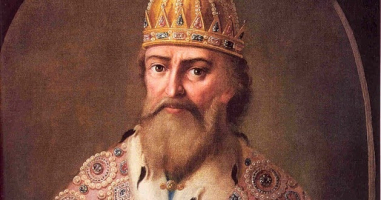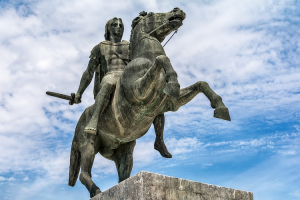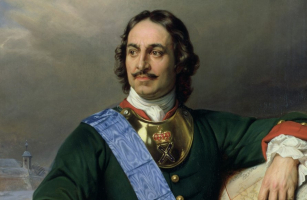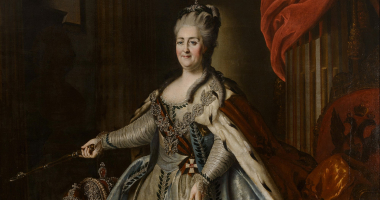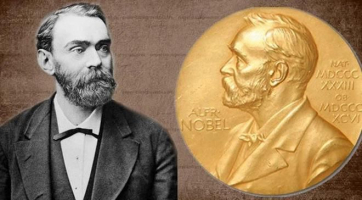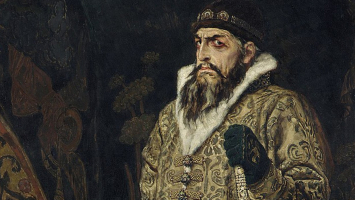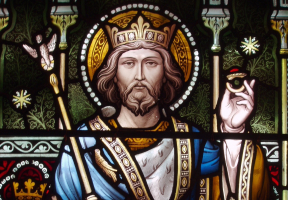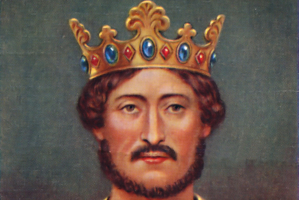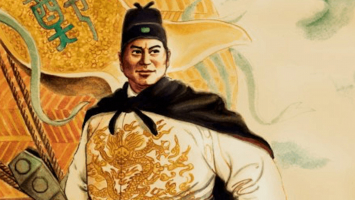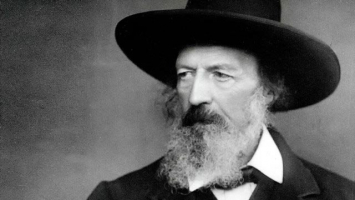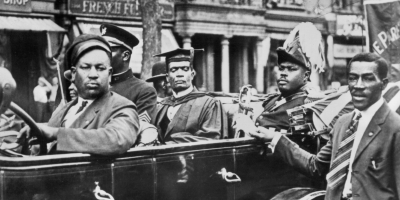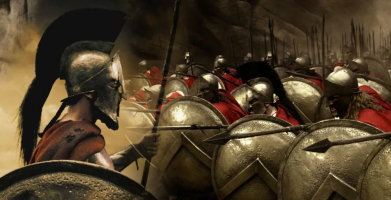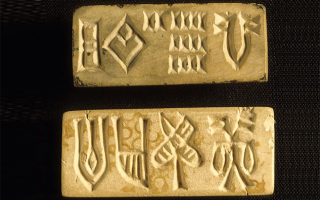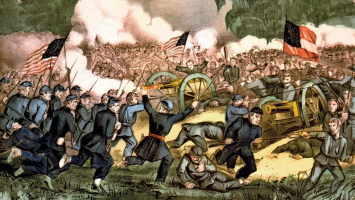Top 10 Interesting Facts About Alfred The Great
Aethelwulf, king of the West Saxons, had a fifth son named Alfred, who was born at Wantage, Berkshire, in 849. One of the most well-known Anglo-Saxon rulers, ... read more...Alfred the Great (849–899) is credited with introducing a number of reforms to England during the period. Here are some interesting facts about Alfred the Great.
-
The first interesting fact is that Alfred the Great proclaimed himself king. Of all the Anglo-Saxon rulers, King Alfred the Great is the most well-known and revered. In addition to Pewsey and Shaftesbury, where he also had close personal ties, his statue is located in the middle of Wantage, where he was born more than a thousand years ago, Winchester, where he was buried, and Wantage.
Three of Alfred's older brothers all lived to maturity and ruled before him. Thelred, the third brother, left behind two small kids when he passed away in 871. The throne is often inherited by the eldest son, although Alfred the Great was the youngest. So how did he obtain it? His brothers all perished, many of them in the conflict with the Vikings. Alfred was fortunate to have lived and succeeded to the throne. His older brother's kid, who was his nephew, took over after his brother passed away. However, researchers contend that Alfred could have claimed to be king after his brother passed away. He would be a better king than his nephew since he was a greater commander and had the support of the pope.
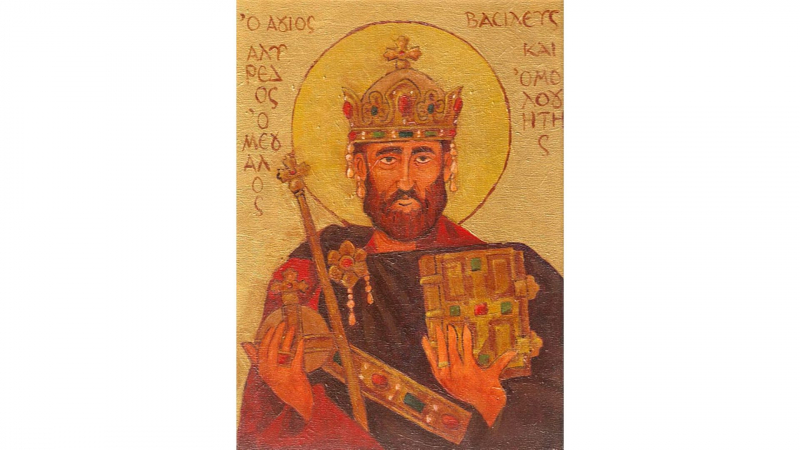
Source: Discover Walks 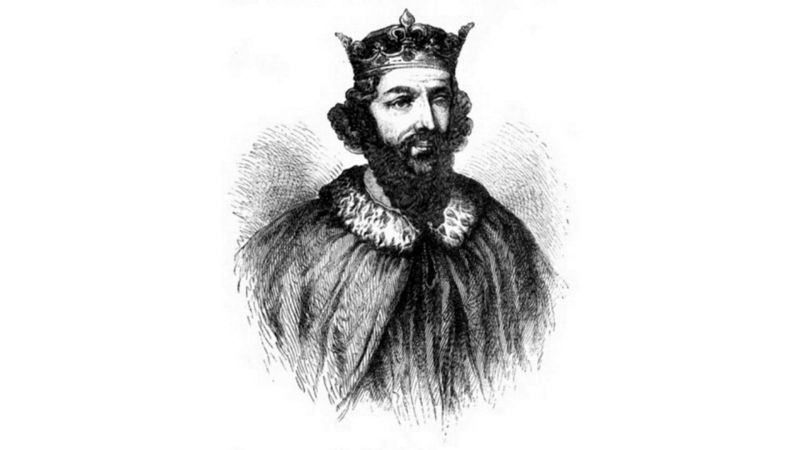
Source: Discover Walks -
He was the only Anglo-Saxon king (the rest were either Danish kings or ruled in units that were not considered to be kingdoms), and his realm was later expanded to become England, so he is sometimes regarded as the first king of England, even though he only ruled a portion of what would become England. He referred to himself as the Anglo-Saxon King or the King of the Angles and Saxons. Athelstan, his grandson, was the first to refer to himself as King of the English (or Angles; at the time, there was no distinction between the two). And Cnut was the first person to be referred to as King of England, much more than a century later.
Despite being an English king, Alfred was not, as was subsequently determined, the ruler of England. Several Anglo-Saxon kingdoms, including Northumbria, East Anglia, Mercia, and Alfred's realm of Wessex, dominated England throughout his lifetime. These kingdoms had grown and even amalgamated at various points throughout the years, but everything changed when Danish and other Scandinavian soldiers invaded.
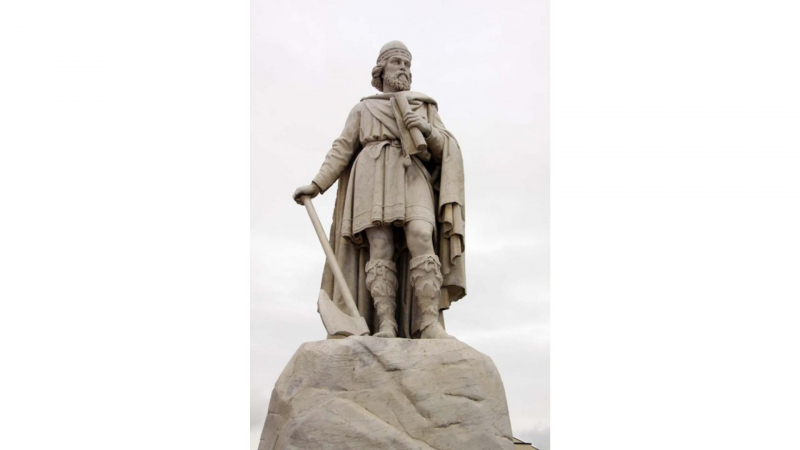
Source: Unofficial Royalty 
Source: The Sun -
He was the oldest of the five kids, so his chances of becoming king were quite slim. He was not raised to be a warrior in part because of this. Alfred was a bright youngster who enjoyed memorizing poetry. He visited Rome as a boy and met the Pope there. Alfred was appointed by the pope as a Rome honorary consul. He underwent military training, of course, just like other people born into affluent families, but no one expected him to be a great fighter.
His mother cultivated in him a strong passion for education, particularly poetry. When he returned home, his mother made a pledge that the first of her boys could read aloud to her from a book of English poetry. Alfred won by memorizing the book with the aid of his instructor so he could repeat it from memory. He was also quite interested in Latin, presumably as a result of his trips to Rome. His passion for study had a significant influence on his rule.

Source: The Guardian 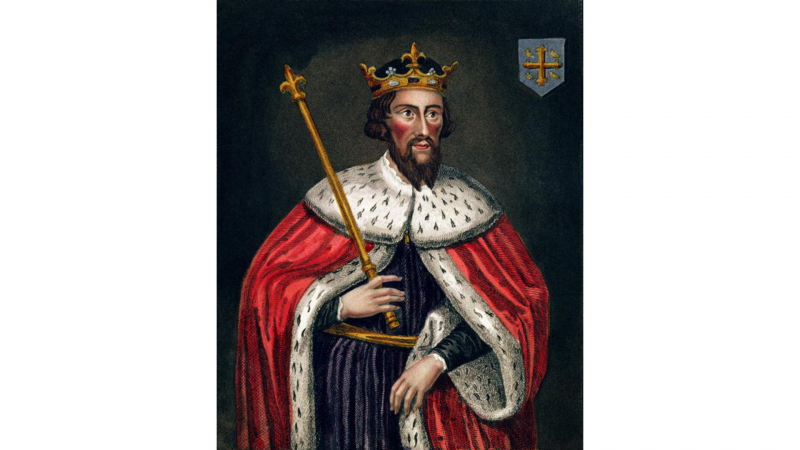
Source: Wikipedia Commons -
For four months in 878 AD, Alfred's kingdom was limited to the tiny island of Athelney and the marshland that surrounded it. From that point on, he and his remaining men adopted the Viking name and started to harass the invaders as they had previously.
The armies of those nations still devoted to him assembled in Somerset as word of his survival spread. At the Battle of Edington, Alfred launched an attack against the Viking Guthrum, who had come as a member of the so-called Great Summer Army and had jointly captured parts of Mercia, East Anglia, and Northumbria with the Great Heathen Army. Alfred was successful in regaining his kingdom. Following Guthrum's loss at the Battle of Edington, Alfred changed the Wessex military requirements, making it harder for the Vikings to raid effectively. Some Vikings fled to East Anglia and others to Northumbria by 896, when they finally gave up. The Viking danger was reduced under Alfred's leadership. However, Edward the Elder's military reforms and the Burghal Hidage allowed Alfred's successors to reclaim control of the territory the Danes had previously controlled in the North of England.
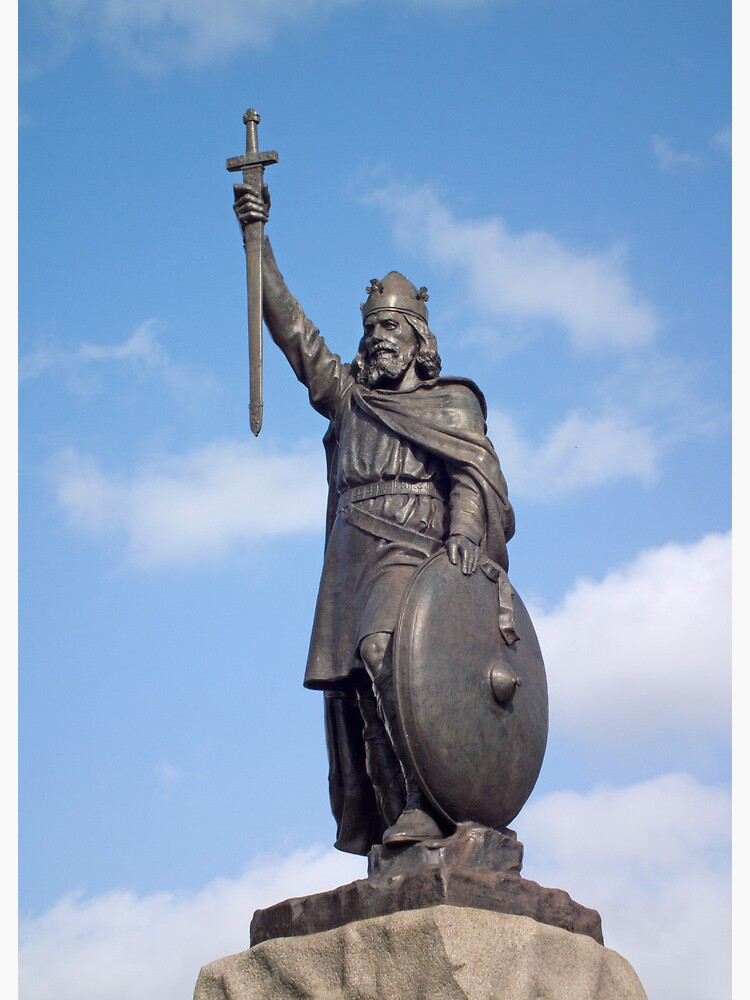
Source: Redbubble 
Source: journal.transformativeworks -
One of the interesting facts about Alfred is that he was the only English king to be referred to as “Great”. Alfred is the only English king to have attained the moniker "the Great," and he is well known for being a reasonable and fair leader. Alfred the Great is the only king in England to have been given the title "Great", also due to his efforts in defending England from Viking invasion. This Alfred the Great statistic conveys a lot about how highly revered this monarch was among the English.
One of the most notable Anglo-Saxon kings of England was Alfred, who is well-remembered today. Cnut the Great was the only other English king to hold the title of "the Great," so Alfred must have done something really exceptional to earn the title. In actuality, it was Alfred who prevented the Vikings from totally enslaving England. Additionally, Alfred promoted education and literacy, and it was also under his rule that the "Anglo-Saxon Chronicles," a crucial source of knowledge for the history of Anglo-Saxon England, were launched.
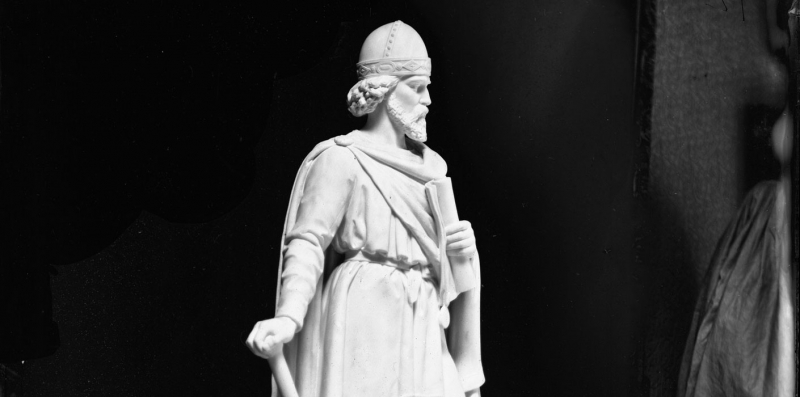
Source: The Royal Family 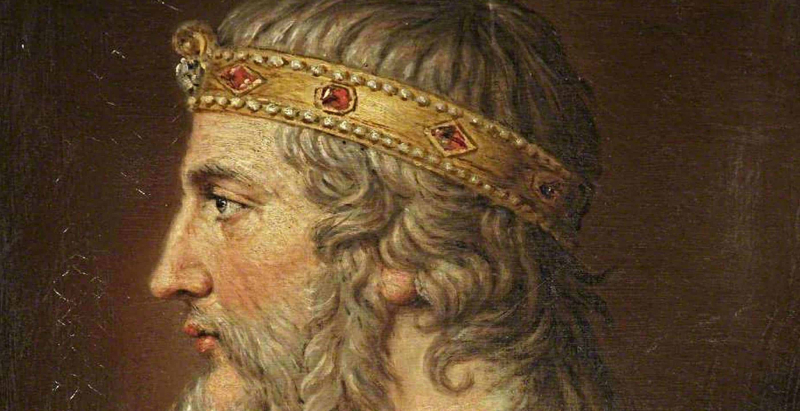
Source: Historic UK -
One of the interesting facts about Alfred the Great is that he was the only leader to have a biography. Before Alfred and after him, there were no Anglo-Saxon leaders with biographies. A biography of him was written by his advisor, but Alfred did not approve of it. It's probable that he was unaware of its existence. Regardless of the circumstances, he became the first historical figure in Anglo-Saxon England to have a biography. It's significant because we can see in-depth accounts of his life.
The Latin biography that was written by the Welsh scholar monk Asser, one of Alfred's court advisors, and later one of Wessex's bishops, was most significant for his reputation going forward. The only Anglo-Saxon king biography that has survived is The Life of Alfred, which was written in 893 while the king was still alive. It contains details about the man and his reign that we do not have for other pre-Norman kings. The Anglo-Saxon Chronicle is translated, with some extra material that may have originated from the king's own or other court veterans' memories, to form the primary framework of the story.
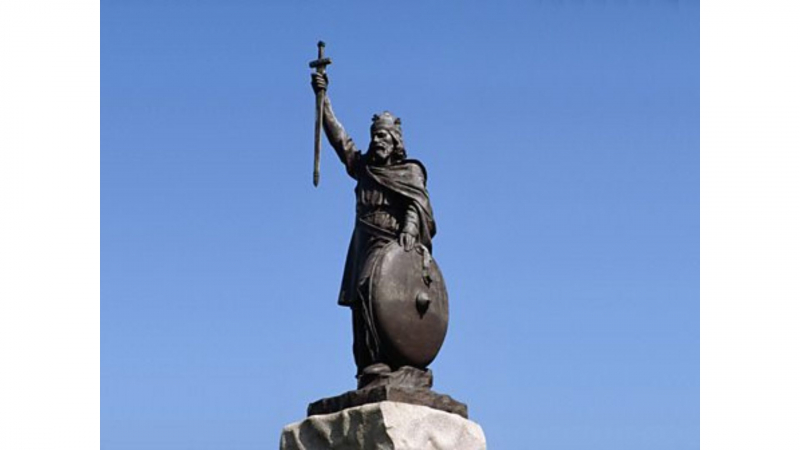
Source: BBC 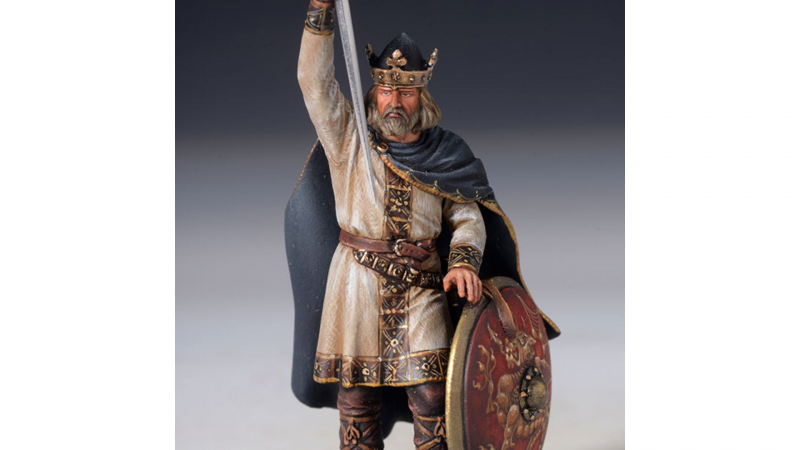
Source: aeroartinc -
Other monarchs who were outstanding generals were many. Alfred the Great was unique due to his passion for study and efforts to promote it throughout the realm. He supported English language education, attracted European academics, translated works of literature, etc. He worked hard, and Wessex became a nation of educated citizens instead of a barbaric mob. He picked up poetry by listening to it read out and then reciting it, but he was unable to read it himself until he was in his teens. Even then, he was unable to read Latin, the language used to write the most significant literary masterpieces of his era.
After almost a century of Viking assaults and conflict, Alfred's tremendous military and administrative prowess helped to settle Britain. In addition to establishing public schools, reforming the military, and expanding and updating the law code, he also pioneered the practice of translating classical literature from Latin into English. His piety, fairness, and lofty vision of a better future for his people led later historians to hail him as the most ideal monarch of the Middle Ages, particularly during the Victorian era.
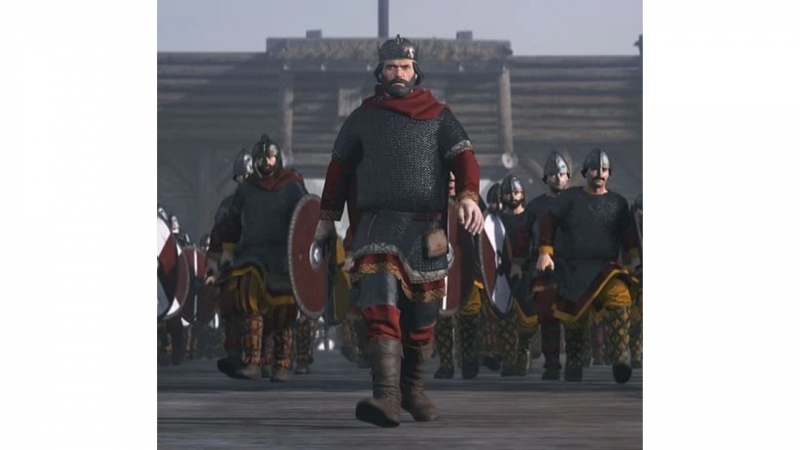
Source: worldhistory.org 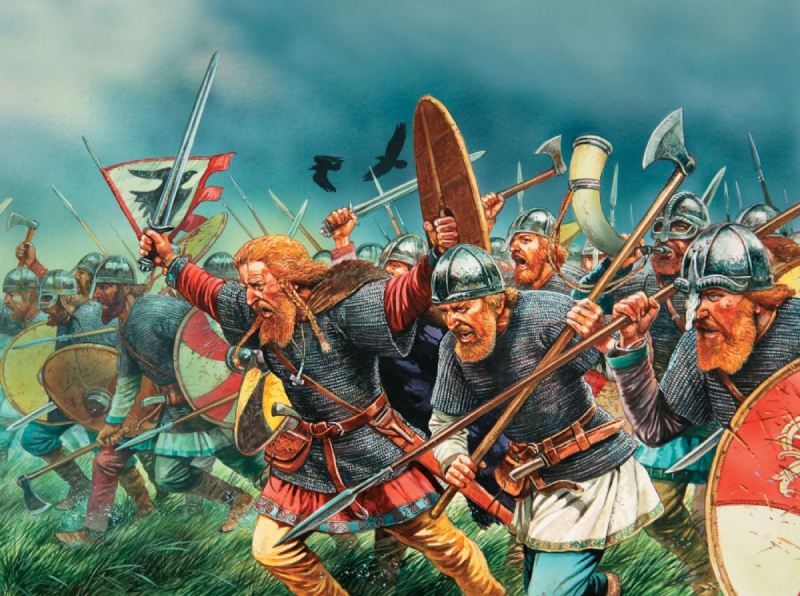
Source: Q-flies -
One of the most interesting facts about Alfred the Great is that he was deeply religious. Alfred's religiosity was one of his best-known qualities. Alfred was very committed to protecting the Church throughout his life and would pardon heathen invaders if they became Christians. He claims to have received the right to govern after seeing the pope in Rome when he was four years old. Alfred Guthrum, a Viking commander, was converted to Christianity under Alfred's direction. He rose to power in England as a result of his defense of his country against the Viking invasion.
The historical accounts state that the Pope "anointed" him as a king, although this may have been recorded with the advantage of hindsight because no one could have predicted that the kid, who had four living older siblings, would become king. Alfred established monasteries and persuaded foreign monks to join his new establishments. While Alfred did not make any significant changes to religious practice, he did work to select intelligent and pious bishops and abbots.
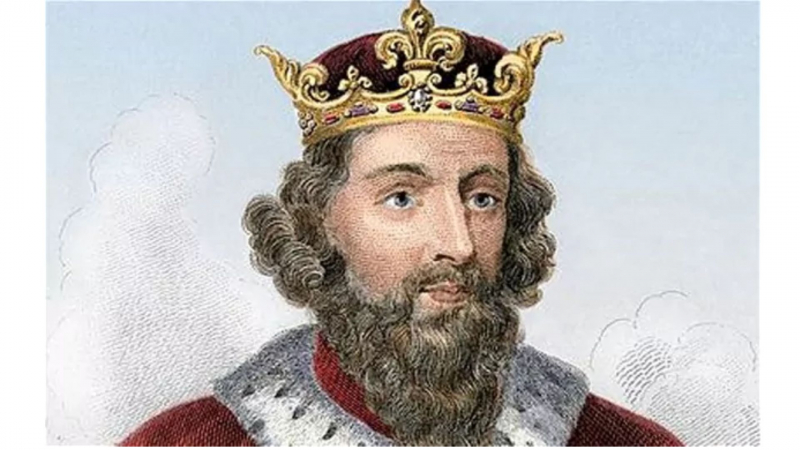
Source: Alchetron 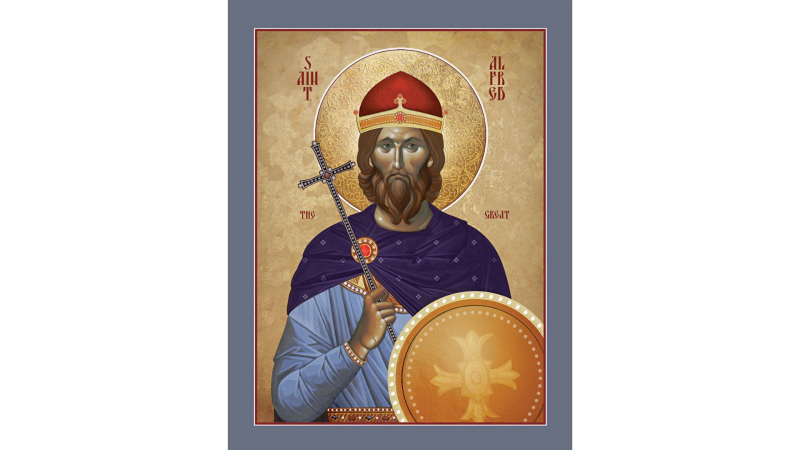
Source: uncutmountainsupply -
Alfred frequently complained of stomach pain. Sometimes it was so terrible that he was forced to spend days or weeks at a time in his room. According to reports, he frequently experienced diarrhea, severe cramps, and other gastrointestinal issues. His bad health has been attributed by some historians to what is today known as Crohn's disease.
The nature of King Alfred's severe sickness has been the subject of great conjecture among Anglo-Saxonists. King Alfred, often known as "England's Darling," lived from 849 to 900. We are lucky to have a contemporaneous account of the king's symptoms written by Asser, a Welsh bishop and friend of King Alfred. Many theories about the nature of the king's illness have been sparked by the study of Asser's book, "The Life of King Alfred." Numerous illnesses have been suggested as potential causes, including neuritis, epilepsy, a sexually transmitted disease linked to homosexuality, a psychological condition, and more. These conjectures provide a pretty colorful image of a morbidly worried adolescent who is too sensitive.

Source: Daily Express 
Source: The Last Kingdom Wiki-Fandom -
One of the interesting facts about Alfred the Great is that he lived in a swamp. The Vikings launched a rapid attack on Wessex in the year 878, taking control of much of the region. Alfred, his family, and some of his troops were able to flee and sought sanctuary in Athelney, which was then a small island in Somerset's marshes. It was a very strong, nearly impregnable position against the Vikings. For four months, Alfred's kingdom was limited to the little island of Athelney and the swamps that lay around it.
Being a cunning warrior, Alfred revised his plan and embraced the Danes' methods. Living off the land and relying on the locals for food and shelter while waging a guerilla war against the Vikings, Alfred and his soldiers were hidden in the Somerset swamps and marshes. He established a fortified stronghold at Athelney in the Somerset marshes and gathered a mobile army of soldiers from Wiltshire, Somerset, and some of Hampshire to wage guerilla warfare against the Danes. At the Battle of Edington in May 878, Alfred's army routed the Danes.
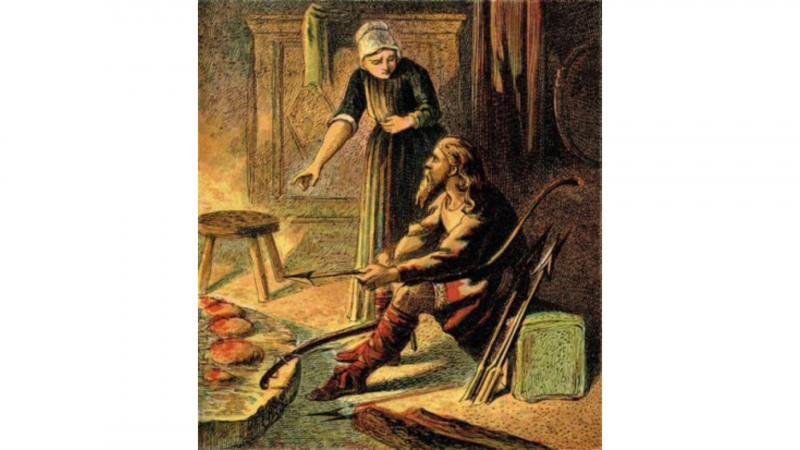
Source: Historic UK 
Source: neh.gov












